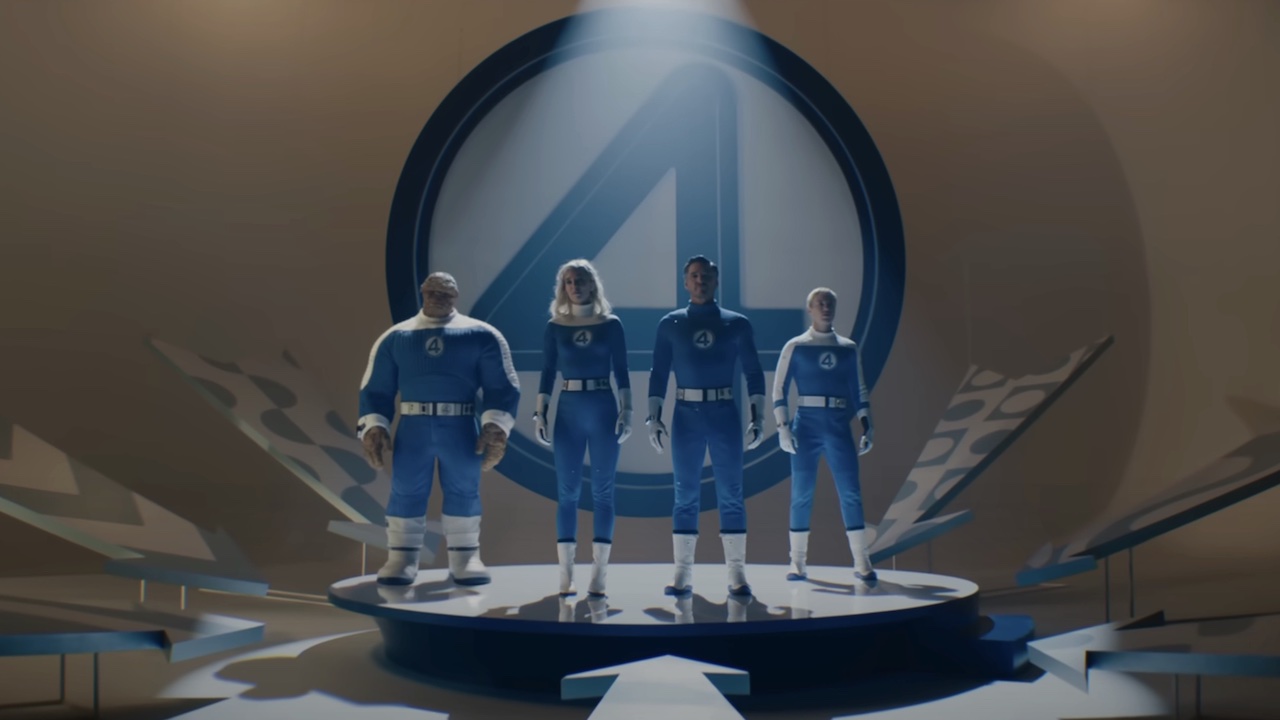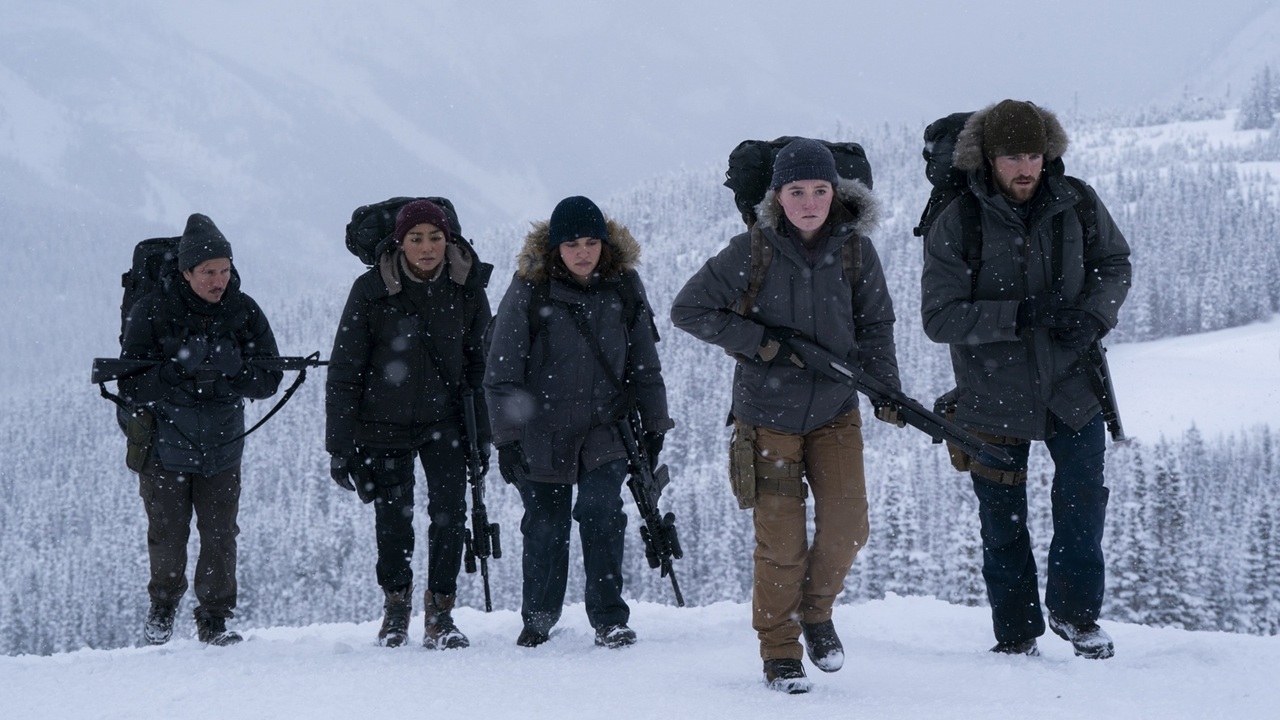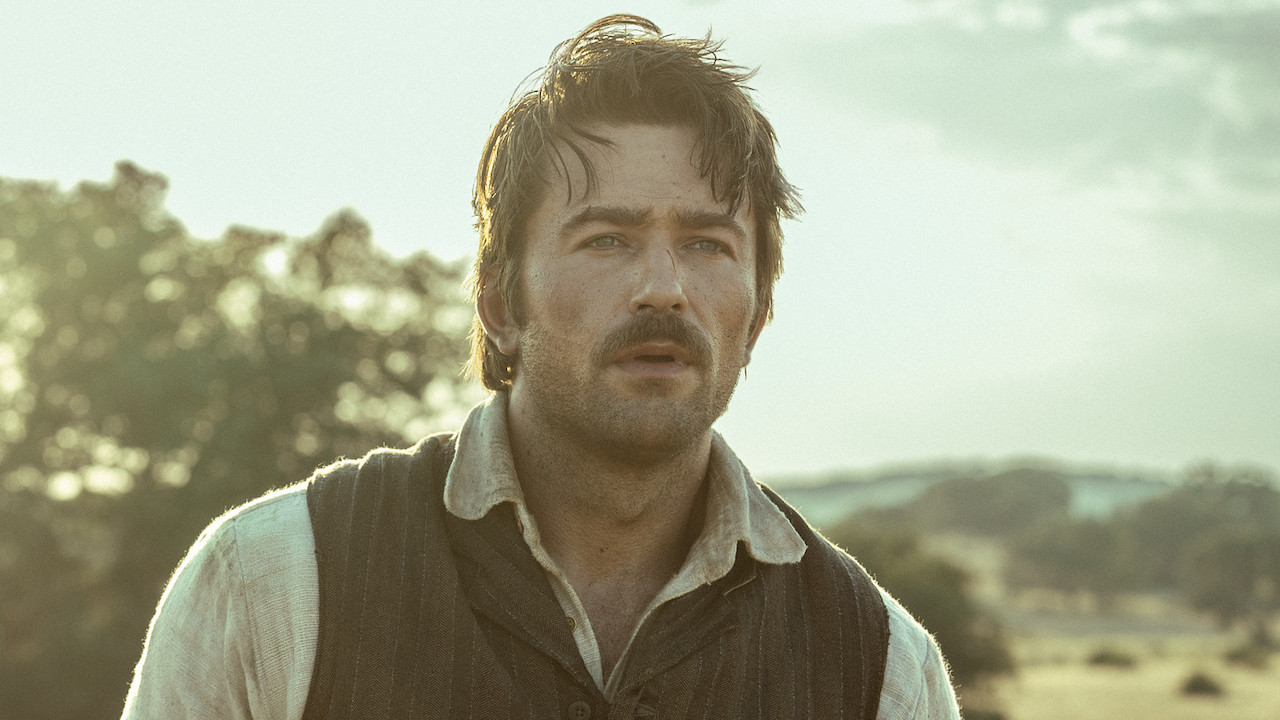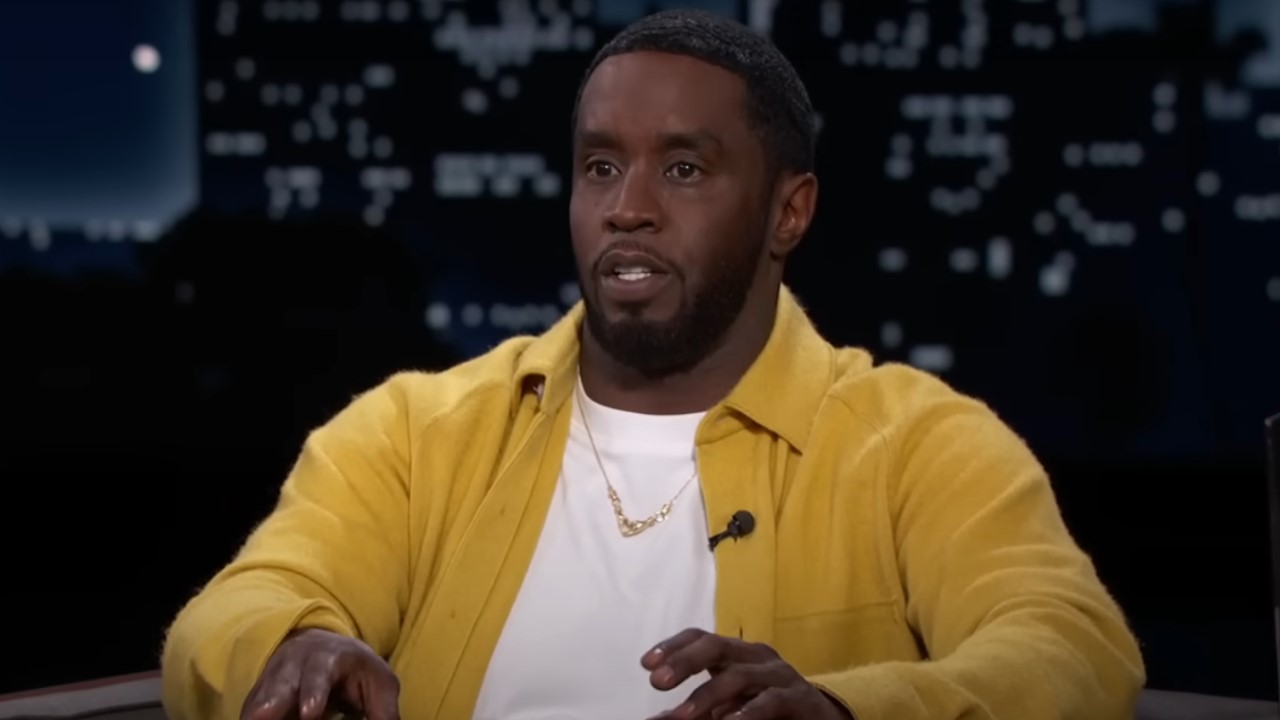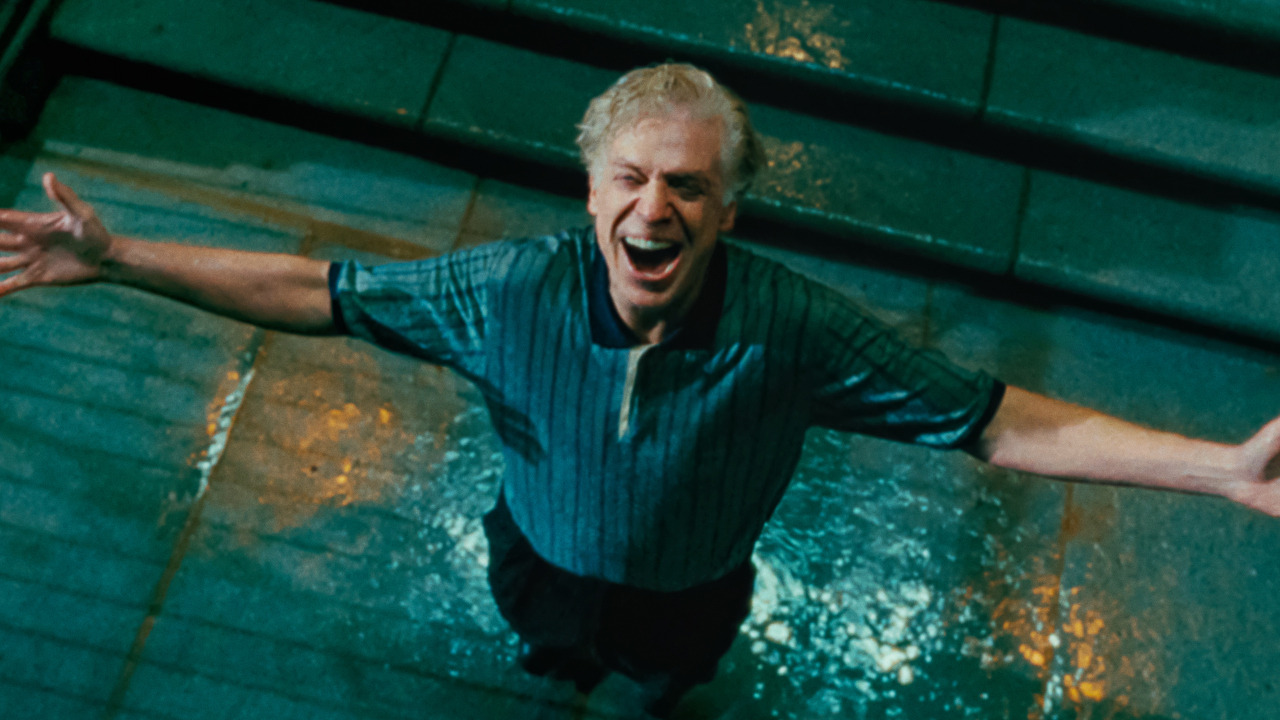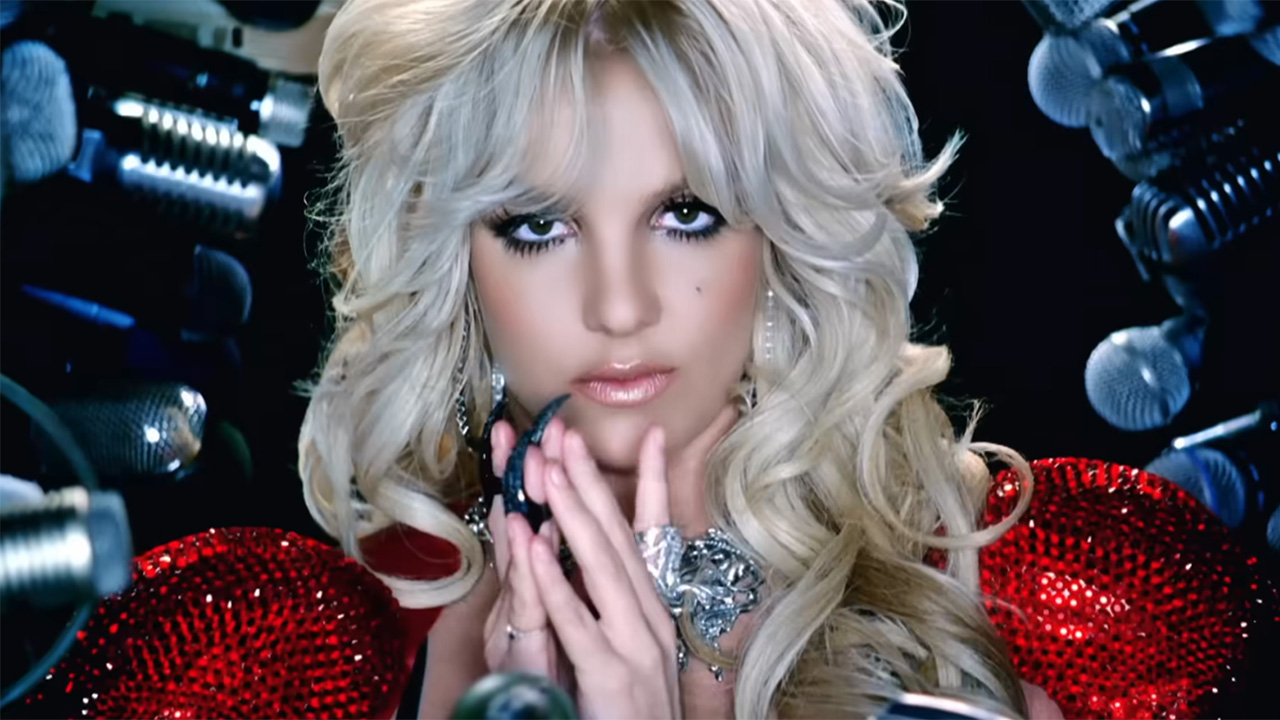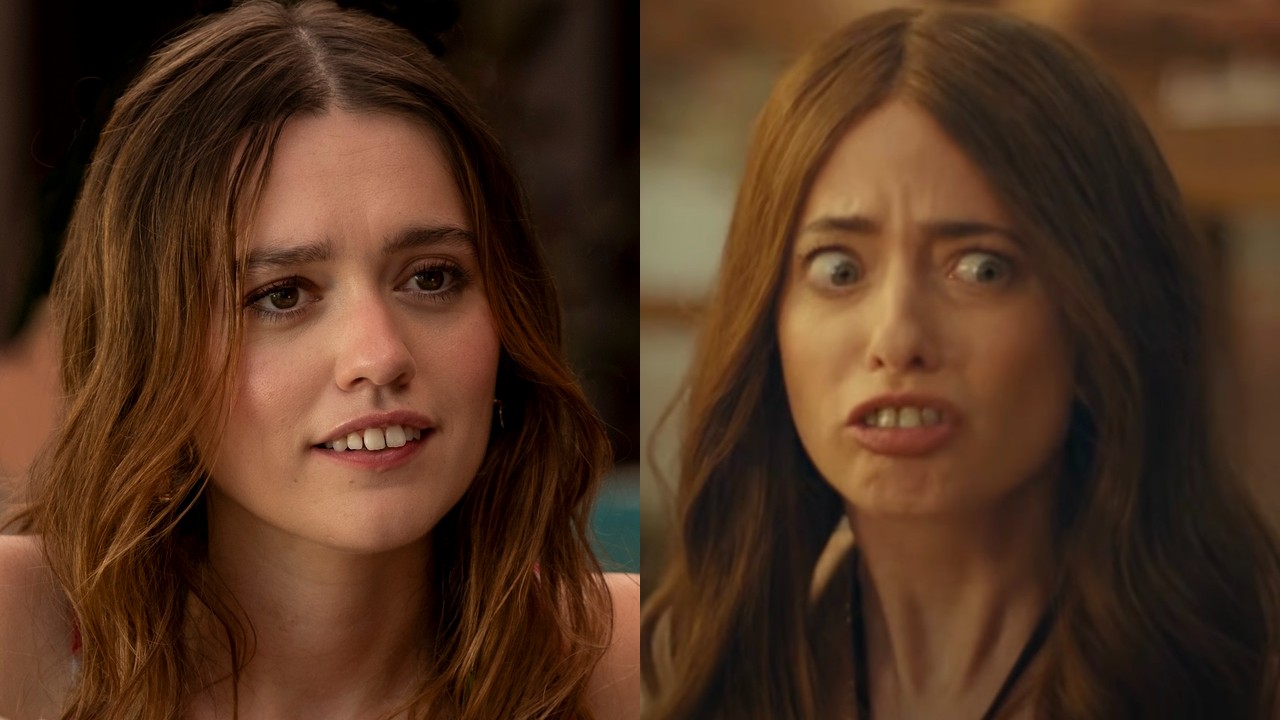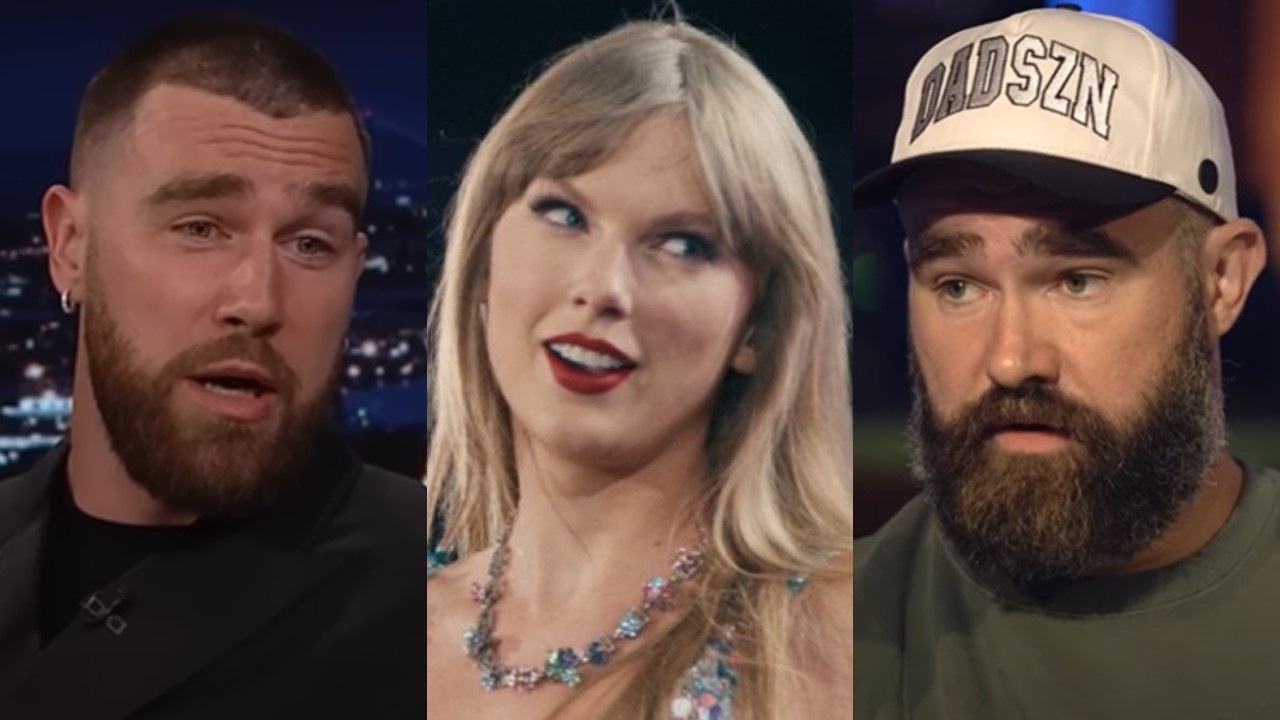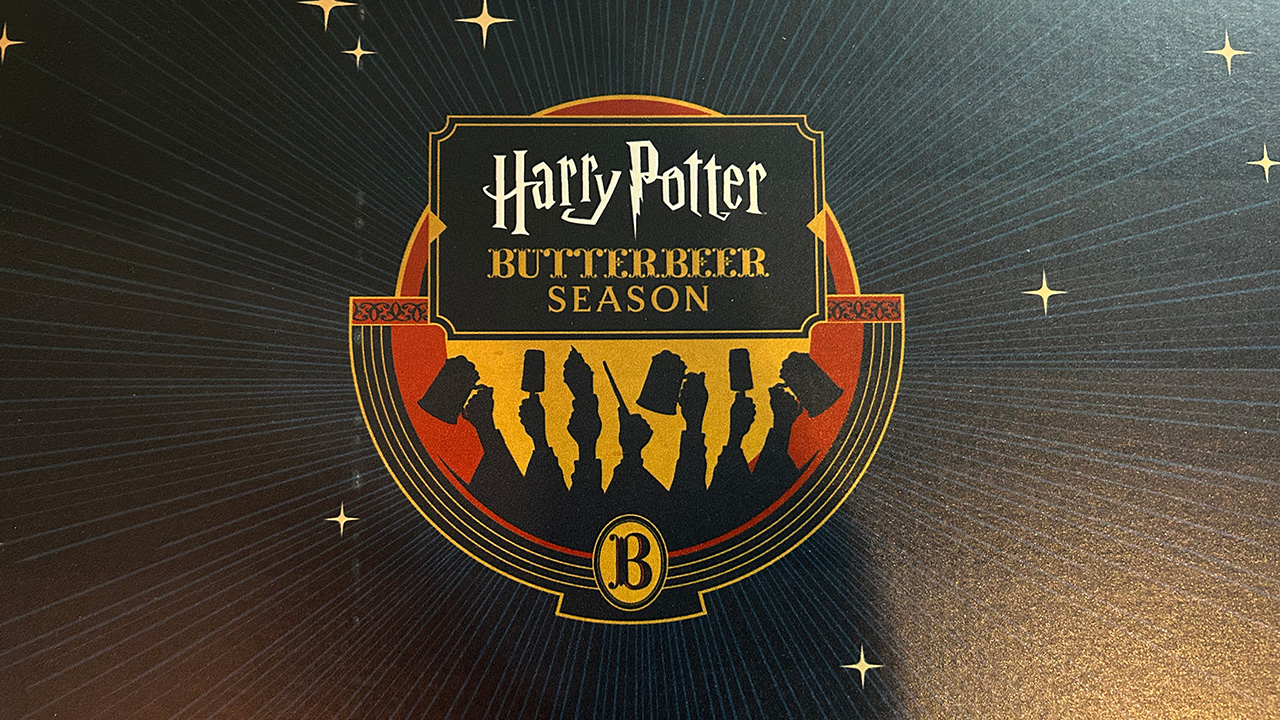Disneyland Got Hit With A Multi-Million Dollar Lawsuit Over Its Annual Pass Replacement
A lawsuit against Disneyland Resort is looking to obtain class action status.
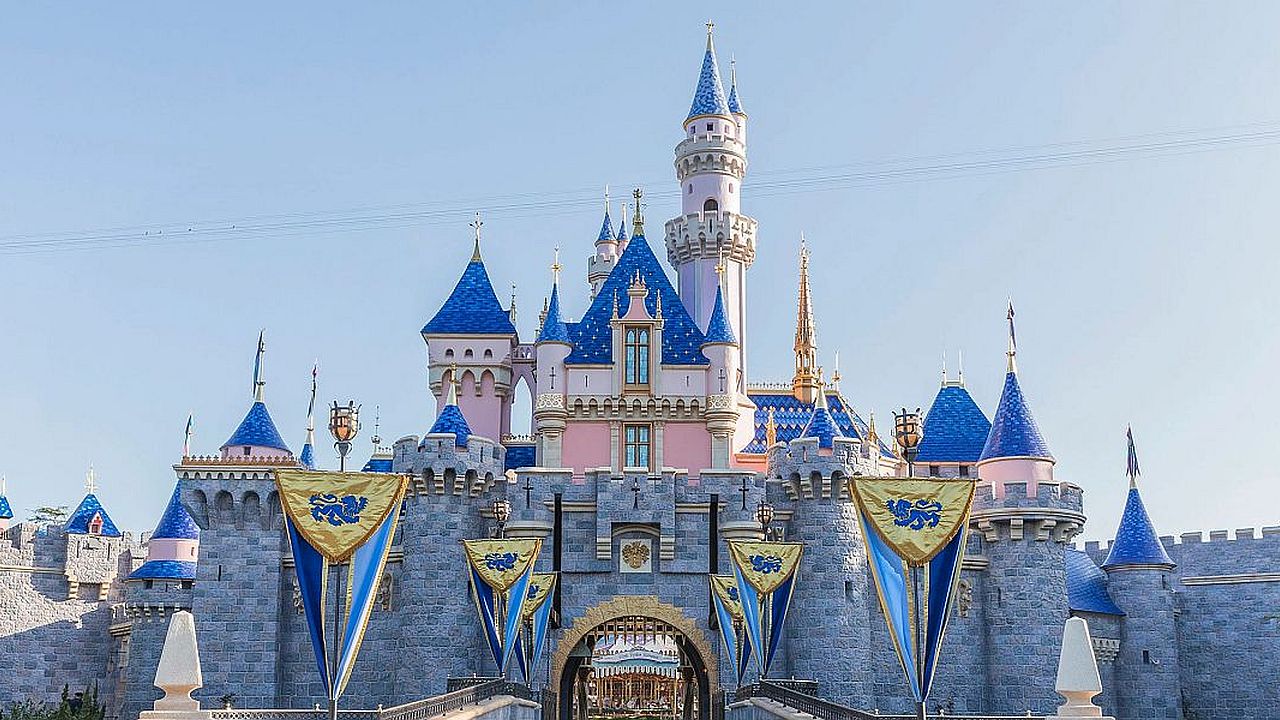
Disneyland Resort’s Magic Key Program was designed to replace the theme park resort’s Annual Passport program, when that was cancelled during the pandemic closure of the park. And while the new system was largely identical to the old system, the few changes have caused a number of problems for the guests that use it. And now those problems have resulted in a lawsuit as a bay area woman is actually suing Disneyland over the lack of access.
Santa Clara County resident Jenale Nielsen is suing Disneyland Resort for $5 million for breach of contract, negligent misrepresentation, concealment, false advertisement, and unfair competition. Nielsen purchased the Dream Key, an annual pass that advertised access to the park every day of the year. However, due to the park’s reservation system, which limited the number of Magic Key holders who could enter the park each day, she was still unable to get into the parks. She eventually purchased a single-day ticket in order to get into the resort on the day she requested, despite having her pass.
Disneyland's Response To The Lawsuit
The issue at hand is one that many Disneyland Resort Magic Key holders have previously been upset with. The reservation system splits itself into two groups, one for Magic Key holders, and another for standard ticket buyers. We’ve seen it happen often in the holiday season that Magic Key reservations sell out, while there are still reservations available for normal ticket buyers. A Disneyland spokesperson told the Los Angeles Times…
We have been clear about the terms of the Magic Key product and we know that many of our guests are enjoying the experiences these passes provide. We will vigorously defend our position as the case proceeds.
It’s certainly true that the situation regarding reservations was a known issue from the beginning. It was made clear that even if you tried to visit the parks on a day your Magic Key was not blacked out, that it was still subject to available reservations. What was not clear at the beginning was how available those reservations would be.
The lawsuit was originally filed in November in Orange County but was recently moved to U.S. District Court because it is looking to obtain class action status, and represent all Magic Key holders in court. Disneyland Resort stopped selling the Dream Key in October and the step down option, the Believe Key began to be listed as sold out a month later.
The Problem With Disneyland's Magic Key Program
It will be interesting to see how this plays out. On the one hand, the Magic Keys were absolutely sold with the knowledge that reservations were required, and that those reservations were not guaranteed. At the same time, it could be argued that the people buying the pass that offered entry every day of the year had an expectation of entry unless the park was at full capacity, and since normal tickets were available those days, it clearly was not.
While Annual Passes are a normal part of most theme park business, it’s been clear for a while that there’s been a concerted effort to shift Disneyland’s primary guest from the Southern California local with an annual pass to the vacationing family. There were an estimated 1 million Annual Passports sold under the old system and they made up perhaps as much as half of the park's total guests, thus being a major part of why Disneyland was so crowded. However, they are seen as less lucrative as they spend less money inside the park than the tourist guest does.
CINEMABLEND NEWSLETTER
Your Daily Blend of Entertainment News
If nothing else, this lawsuit shows the frustration that some are having with the Magic Key program. We’ll certainly be following this as, if the lawsuit happens to be successful, it could end up making major changes to the Magic Key program.
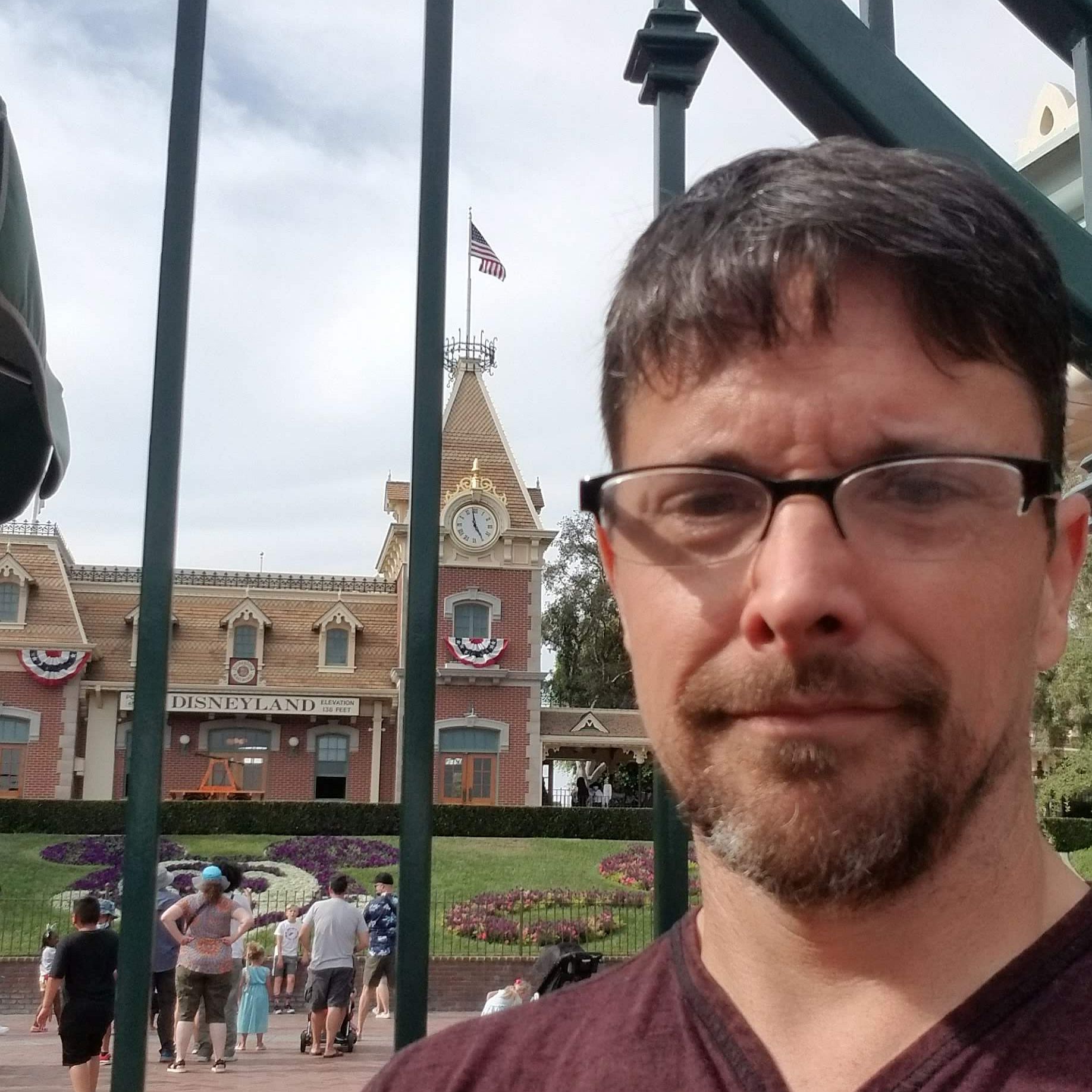
CinemaBlend’s resident theme park junkie and amateur Disney historian, Dirk began writing for CinemaBlend as a freelancer in 2015 before joining the site full-time in 2018. He has previously held positions as a Staff Writer and Games Editor, but has more recently transformed his true passion into his job as the head of the site's Theme Park section. He has previously done freelance work for various gaming and technology sites. Prior to starting his second career as a writer he worked for 12 years in sales for various companies within the consumer electronics industry. He has a degree in political science from the University of California, Davis. Is an armchair Imagineer, Epcot Stan, Future Club 33 Member.
